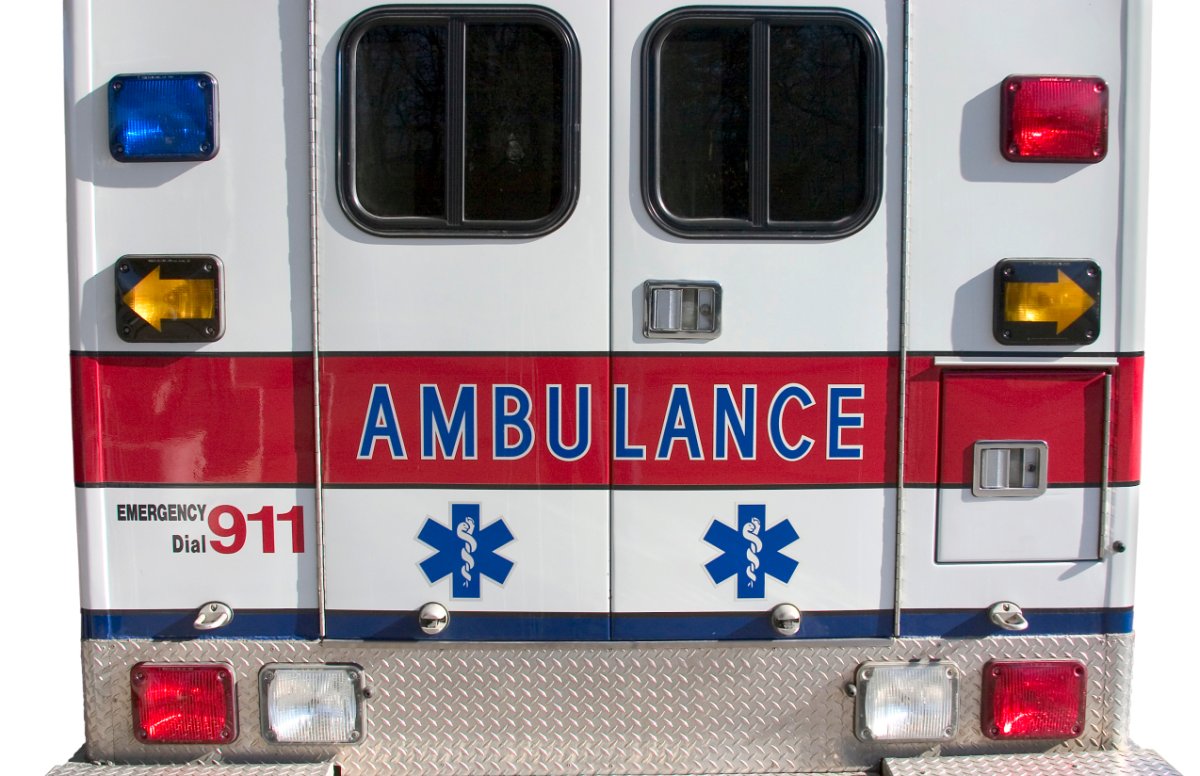EDMONTON – After voicing concerns with the consolidation of ambulance dispatch services with AHS, senior officials from various municipalities will be part of working groups to address outstanding issues.

“Recently, I met with mayors and other elected representatives from municipalities, including many who operate integrated services (fire and ambulance) which have served citizens well for many years. Some continue to express concern about consolidation of dispatch services with AHS (Alberta Health Services),” explained Health Minister Fred Horne.
Horne said the working groups will include representatives from municipalities, Alberta Health and AHS.
Tuesday’s announcement comes after the Alberta Urban Municipalities Association (AUMA) convention in Calgary, during which Lethbridge Mayor Chris Spearman spoke to Horne about the consolidation plan.
Spearman said centralized ambulance dispatch is the top concern of most delegates at the convention.
He says communities already using consolidated service in southern Alberta are reporting 30 to 45 minute waits. He said that compares with an average time of six to eight minutes in Lethbridge where fire and EMS officials use local dispatch.
“Our time at AUMA has confirmed that … communities right across the province are concerned about this very same issue. Mr. Horne appears only interested in tweaking by not changing course,” said Spearman.
He added that it doesn’t appear Horne is willing to change course, but may consider delaying the plan.
Watch: Global News’ investigative ‘Code Red’ series
Liberal Health Critic David Swann insists a change is required, saying the consolidation plan was flawed from the start.
“This has not been a good move, it has not improved the quality, the response times of EMS, they are increasingly frustrated with their inability to do their job, and that’s reflected in the injury and absentee statistics,” he said Tuesday.
“The system is confusing, frustrating, and it needs to be fixed from the top down.”
Swann says he continues to hear complaints from EMS workers who are sent to the wrong town, the wrong house, with the wrong priority of call because often dispatchers aren’t familiar with the region.
The NDP’s health critic believes the province’s approach is backwards.
“They upset a lot of districts and a lot of mayors. They came in like a bull in a china shop and now they’re having to come back and do the consultations,” said David Eggen on Tuesday. “I hope they can resolve these issues because a lot of people’s lives are at stake.”
Read more: AHS creating one provincial EMS dispatch system
The health minister says, currently, 95 per cent of ambulance calls are dispatched from one of the consolidated dispatch centres and 85 per cent of ambulance resources are coordinated on a provincial basis.
“While much has been achieved, there is still work to be done,” said Horne.
He believes cutting down on inter-facility transfers (IFTs) – when EMS personnel and equipment are used to transport a patient between facilities for tests and appointments that are not urgent – will make the system run more efficiently.
“At present, a significant number of ground ambulance calls in Alberta are for IFTs. I want Albertans to know we are actively exploring options to move IFT outside the EMS system in order to ensure we are not tying up local resources that are needed for emergencies.”
“I would say the transfers are a problem,” echoed Swann. “They are a waste of resources, they’re creating inefficiencies and frustration, both in the patient side and in the professional side.”
However, Horne stressed the province’s commitment to work with municipalities to improve the ground ambulance system and hear suggestions on how best to use resources.
Some municipal leaders are hoping the government will truly listen to their input.
“We continue to build allies across the province and we think the premier and the minister of health should be listening,” said Spearman. “The numbers are building, the concern is building.”
With files from The Canadian Press


Comments